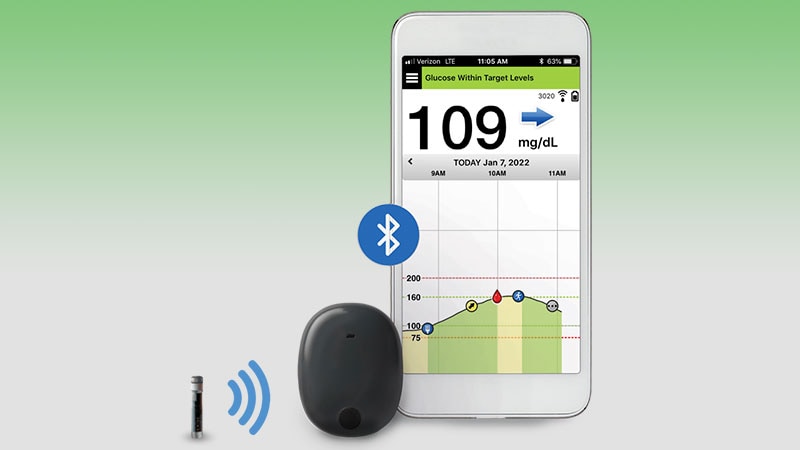The Michigan Department of Agriculture and Rural Development (MDARD) is advising consumers not to eat Fresh Express Sweet Hearts Romaine Lettuce Sweet Butter Lettuce due to food safety concerns.
A sample of product collected as part of routine sampling in December and analyzed by MDARD has tested positive for Listeria monocytogenes. No cases of illness have been associated with this product in Michigan at this time
The product is packaged in a 9 oz. clear plastic bag with a green and red label with white lettering and has a use-by date and lot code of “DEC 08 Z324B05A 16:04 07; Product of the USA” located on the upper right corner of the front of the bag.
Any consumers who purchased the product are advised to not consume and dispose of it immediately. If you think you or a family member may have become ill from consuming any of this product, seek immediate medical attention.
About Listeria infections
Food contaminated with Listeria monocytogenes may not look or smell spoiled but can still cause serious and sometimes life-threatening infections. Anyone who has eaten any recalled product and developed symptoms of Listeria infection should seek medical treatment and tell their doctors about the possible Listeria exposure.
Also, anyone who has eaten any of the recalled products should monitor themselves for the food poisoning symptoms during the coming weeks because it can take up to 70 days after exposure to Listeria for symptoms of listeriosis to develop.
Symptoms of Listeria infection can include vomiting, nausea, persistent fever, muscle aches, severe headache, and neck stiffness. Specific laboratory tests are required to diagnose Listeria infections, which can mimic other illnesses.
Pregnant women, the elderly, young children, and people such as cancer patients who have weakened immune systems are particularly at risk of serious illnesses, life-threatening infections, and other complications. Although infected pregnant women may experience only mild, flu-like symptoms, their infections can lead to premature delivery, infection of the newborn, or even stillbirth.
(To sign up for a free subscription to Food Safety News, click here.)
Note: This article have been indexed to our site. We do not claim legitimacy, ownership or copyright of any of the content above. To see the article at original source Click Here













